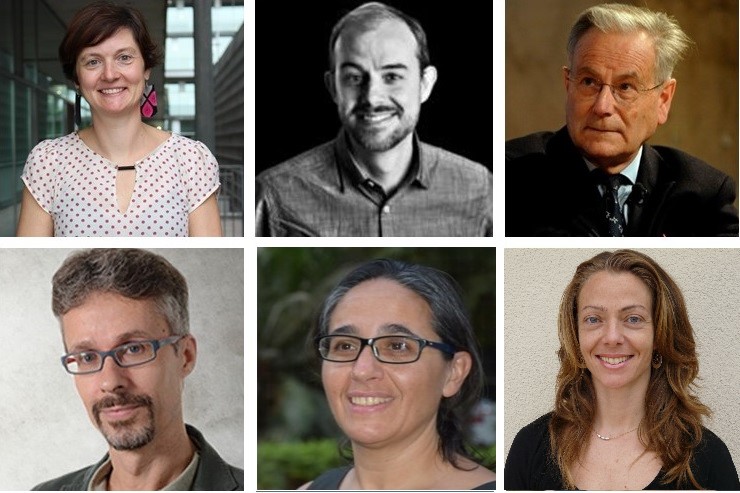Success at ICTA-UAB: Six ERC Grants In Three Years
The Institute of Environmental Science and Technology of the Universitat Autònoma de Barcelona (ICTA-UAB) has been awarded six European Research Council (ERC) grants in three years, from the end of 2015 to the end of 2018.

Each project (of between 1.5 and 2 million euros) lasts for five years and allows the recruitment of a team of six or seven doctoral students and postdocs.
In 2018 two new five-year ERC funded projects started at ICTA-UAB. Victoria Reyes García was awarded a Consolidator Grant for her project "Local Indicators of Climate Change Impacts. The Contribution of Local Knowledge to Climate Change Research" (LICCI). Jeroen van den Bergh was awarded an Advanced Grant and he started his project "Behavioral-evolutionary analysis of climate policy: Bounded rationality, markets and social interactions" (EVOCLIM).
They joined three other ERC projects at ICTA-UAB. Joan Martinez Alier was awarded an Advanced Grant to analyse the Global Environmental Justice Movement through the EJAtlas (www.ejatlas.org) in his project "Environmental Justice" (ENVJUSTICE) which started in June 2016. Also in 2016, Eric Galbraith obtained a Consolidator Grant to develop his research project "Biogeochemical and ecosystem interactions with socio-economic activity in the global ocean (BIGSEA)". In mid-2016, Isabelle Anguelovski, who had received a Starting Grant, started her project "Green Locally Unwanted Land Uses" (GREENLULUS) which aims to examine the role played by the restoration and creation of environmental amenities in the redistribution of urban quality of life. The project analyzes whether greening projects tend to increase environmental inequalities.
In December 2018, Gara Villalba, an industrial ecologist at ICTA UAB, has been awarded a Consolidator Grant for the project “Integrated System Analysis of Urban Vegetation and Agriculture” (URBAG). Nowadays, many cities are implementing green infrastructures despite having little quantitative and comprehensive knowledge as to which infrastructure strategies are more effective in promoting food production, air quality and temperature while reducing environmental impact. Gara Villalba's research aims to find out how urban green infrastructures can be most efficient in contributing to urban sustainability, in order to improve the way cities function, in support to their inhabitants’ quality of life and their environments. This will evaluate which combinations of urban, peri-urban agriculture and green spaces result in the best performance in terms of local and global environmental impact.